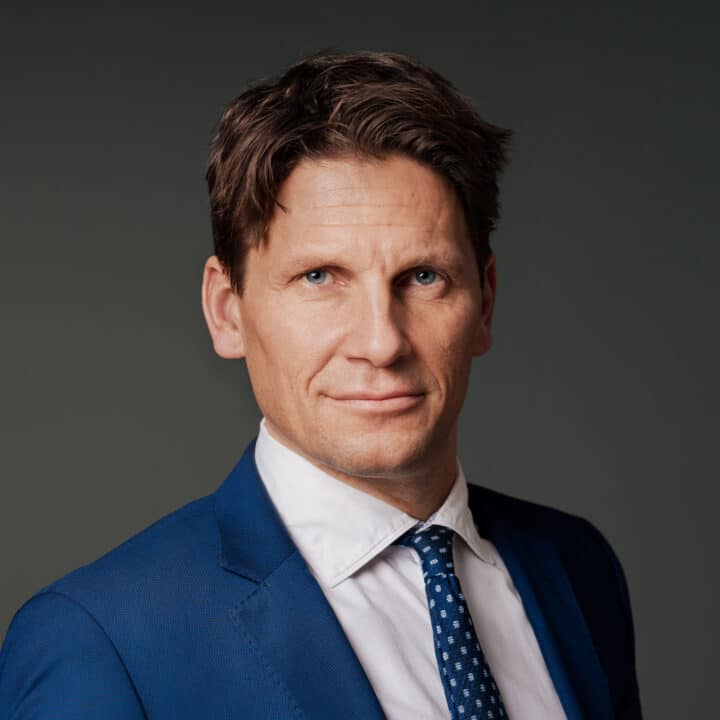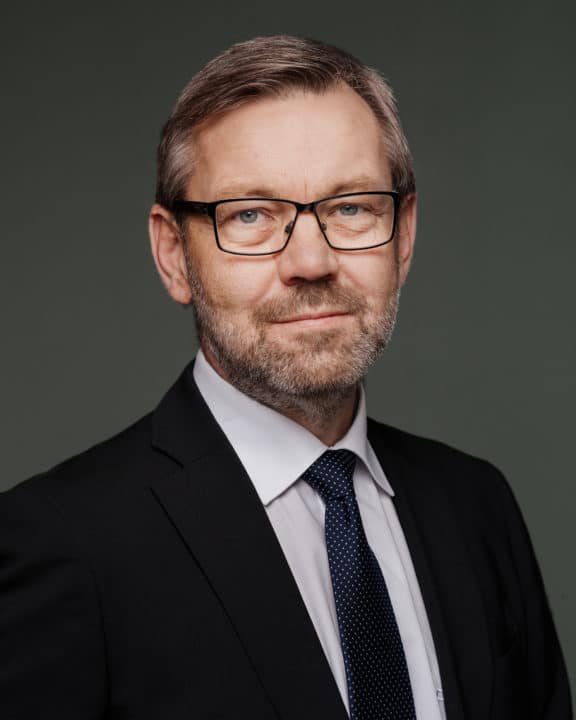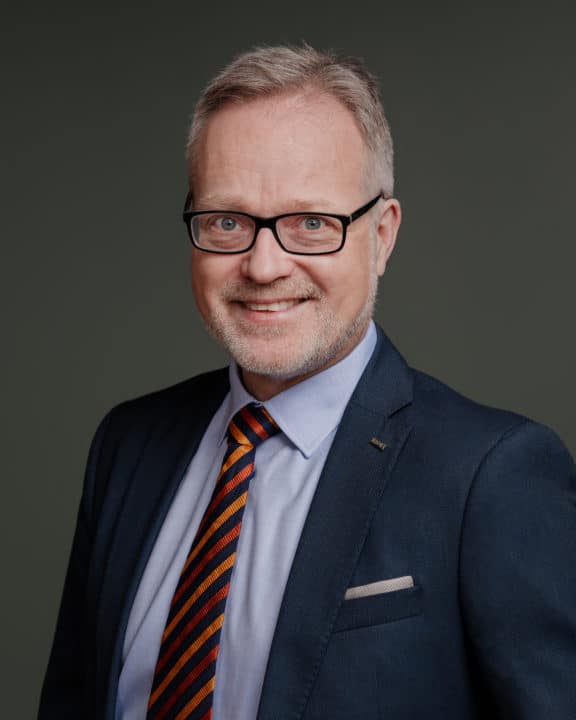Our specialized legal services can guide your business through this intricate process, ensuring adherence to both Norwegian and international laws.
- Legal Framework: In Norway, evidence collection requests are governed by Section 46 of the Court Act. This legislation details the procedures for both domestic and international legal proceedings, ensuring compliance with Norwegian law and international agreements.
- International Cooperation: Norway participates in relevant international conventions, inter alia the Hague Convention of 1970 on Taking of Evidence. The convention applies to the collection of evidence intended for use in a specific, existing or contemplated legal proceeding. This means that requests for the collection of evidence or other judicial acts can be made with a view to a lawsuit that is not yet pending before the courts, but it must concern a current and real legal dispute. Other international conventions, regional and bilateral treaties may apply.
- Scope of Evidence Collection: The Norwegian legal system allows for a broad range of evidence collection through legal requests. This includes judicial questioning, remote questioning via telephone or video link, and the collection of documentary evidence. Courts also handle written responses to questions or witness statements. The Norwegian court is not obligated to carry out the collection of evidence for the purpose of what is known as “pre-trial discovery of documents” known from the common law system.
- Service: Serving legal documents sometimes presents a practical challenge in international legal proceedings. Different countries have varying regulations about how documents can be legally served, especially when recipients are intentionally avoiding service. Navigating these scenarios demands a thorough understanding of both local and international service protocols to avoid legal repercussions and ensure that the service of documents is executed effectively and is legally binding.
- Time Frame: The timeline for decisions on evidence collection varies based on the request’s complexity and the type of evidence required. Initial assessments ensure compliance with legal standards, followed by the execution phase, which can range from a few weeks to several months.
- Central Authority: The National Authority for Civil Matters acts as the central authority in Norway for implementing the Hague Conventions, processing requests from foreign authorities and ensuring they meet legal frameworks. In addition to requests processed through the SRF, Norway allows direct requests to the district court from certain countries, notably the Nordic states and Germany.
- Procedure: Norwegian courts assess the legality and feasibility of each request, verifying compliance with national and international laws and possibly using coercive measures to ensure adherence.
- Remote Questioning: The Norwegian legal system supports remote questioning methods like video or telephone conferencing, especially beneficial in international contexts to streamline processes and reduce costs.
- Costs: Typically, the Norwegian system does not require reimbursement for evidence collection costs. However, specific expenses, such as those for expert witnesses or interpreters, may be reclaimed under international conventions.







